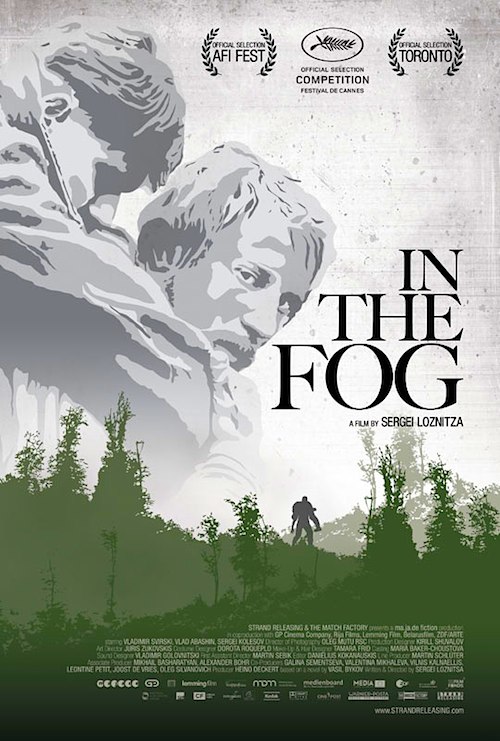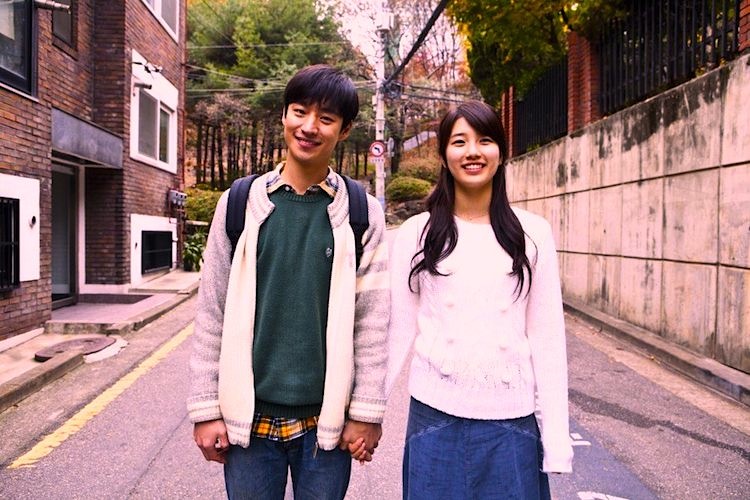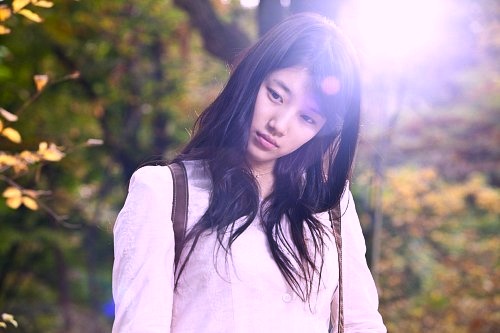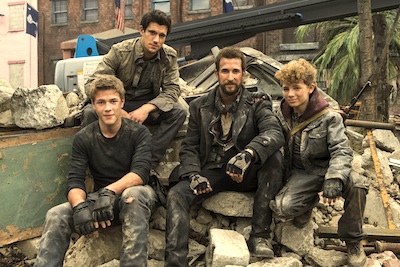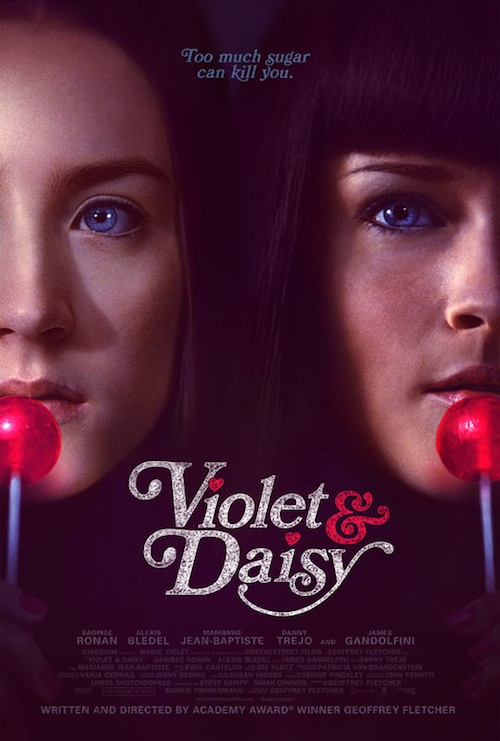By Joe Bendel. Why is Steve Chong so depressed? Maybe it is due to feelings of inadequate facial hair. If so, he probably picked the wrong friends. Nevertheless, the bearded slackers will do their best to prevent their buddy from taking the final exit in Charlie LaVoy’s Steve Chong Finds Out that Suicide is a Bad Idea, which screened this past Friday during Dances With Films at the TCL Chinese Theatres (where the marquee is long enough to fit that title).
Chong was never really suited to his job as a sushi chef, but getting fired hardly helps his mental outlook. When his extreme shyness sabotages what might have been his last best shot with Alice, the waitress he has long carried a torch for, Chong is pretty much ready to cash in his chips. However, he will first invite over his goofball friends for a weekend at his parents’ lake house. Unable to hold his booze like they can, the stink-faced Chong lets his plans slip during a drinking game. The next morning, he does not seem to remember the episode, but his friends do.
Frankly, some of the cleverest bits of SCFOTSIABI involve their attempts to child-proof the lake house. LaVoy and screenwriter-co-star Owen Hornstein III probably could have mined the suicide prevention efforts for more dark physical humor. One cannot help wondering what Jacques Tati’s evil twin could have done with this premise. Rather, LaVoy and his cast of filmmaking collaborators are more interested with exploring themes of friendship and loyalty. That is all very nice, but it could have been funnier.

Still, there is no question SCFOTSIABI connects with the economic anxiety that has plagued the country (especially recent college graduates) for the last six years or so. Chong may yet find out about suicide, but he understands the reality of a “soft recovery” all too well. Wisely, the film never overplays its hand with fleetingly topical references, focusing instead on perennials bummers – like crummy jobs, difficult bosses, and estranged friends.
Stanley Wong (who also edited SCFOTSIABI) is appropriately awkward and tightly wound as Chong and develops some convincing chemistry with the grizzly trio. Viewers will believe they all have some long, complicated history together. While Hornstein and Tyler Russell’s constant feuding gets a bit tiresome, standout Joe Sökmen has some memorable moments of honesty as John, who passes for the mature one in this Rat Pack.
Speaking of lake houses, if Chong had recently seen the Keanu Reeves-Sandra Bullock remake, it would also explain his suicidal impulses. To the credit of the co-producing cast, they largely avoid such sentimental excesses. While seemingly tailor made for Hangover comparisons, SCFOTSIABI is really more about avoiding a truly awful morning after. A nice, intermittently amusing film about friendship, Steve Chong Finds Out that Suicide is a Bad Idea screened as part of the “Sweet Sixteen” Dances With Films in Hollywood.
LFM GRADE: C+
Posted on June 11th, 2013 at 3:18pm.
